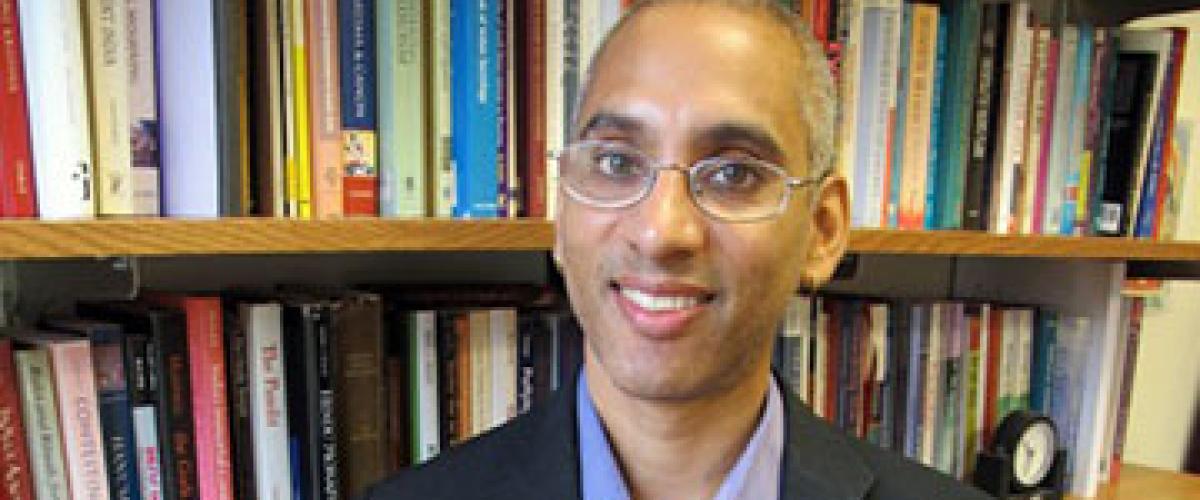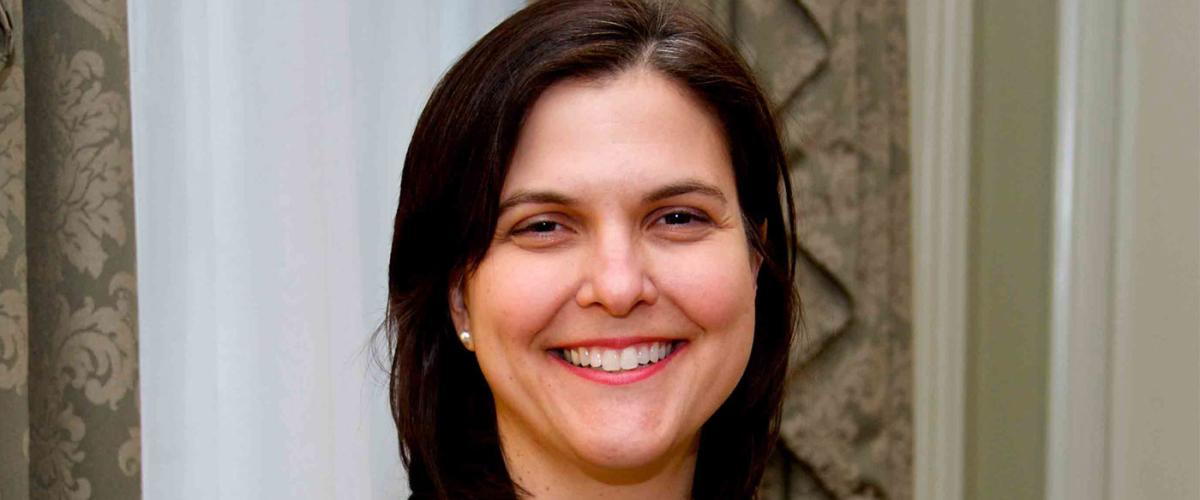
New study explores link between forgiveness, mental health among those leaving ‘high-demand’ religious groups
Research suggests forgiving one's former community may aid mental health recovery for those who have experienced harm
Forgiveness may play a crucial role in healing for people who have experienced harm from—and later abandoned—a fundamentalist religious group, according to new research from Case Western Reserve University.
The study, published in the International Journal for Psychology of Religion, analyzed survey responses from 293 individuals who had left ultra-Orthodox Jewish communities. Researchers examined whether forgiveness could support mental health recovery after spiritual and social trauma.
While the research examined those leaving ultra-Orthodox Jewish communities, the findings have broader implications for other religious groups, according to Yehudis Keller, co-author of the study and a clinical psychology PhD student in the College of Arts and Sciences, who grew up in an ultra-Orthodox environment.
Keller and her team found that:
- Nearly 40% of participants reported witnessing or experiencing verbal, physical or sexual abuse within their former communities.
- Another 27% described being expelled from schools or rejected by families for nonconformity.
- An additional 20% cited struggles with oppressive power dynamics, such as public shaming for minor infractions such as getting an unapproved haircut.
“We wanted to understand how forgiveness might help—or hinder—mental health for those moving beyond these experiences,” said Julie Exline, co-author and professor of psychology at the University of Virginia, and a former professor at Case Western Reserve. “Forgiveness is often seen as the endpoint of healing, but for many, it's part of the process of rebuilding meaning and self-compassion.”
Using standardized questionnaires called validated psychological scales—scientifically tested to measure things like stress, forgiveness and well-being—researchers found that forgiving one's former community was linked to better mental health outcomes. However, forgiving God yielded “mixed results,” Keller said. The study also revealed evidence of “post-traumatic growth”—personal development and resilience emerging despite significant distress.
“It's not that trauma is good,” Keller said, “but even in the pain, people sometimes find small sprouts of growth—what we called cracks in the concrete.”
She said a companion paper, now in review, examines the broader landscape of spiritual harm among those leaving demanding faith traditions. Together, the studies illuminate what leaving such communities means for identity, purpose and well-being.
“This work adds to a growing understanding of what it means to lose not only a belief system, but also a social world,” Keller said.
Exline and Keller were joined in the research by Sarah Swartz, research assistant in the Department of Psychological Sciences at CWRU, and Maria Lindquist from the University of Louisiana at Lafayette.




